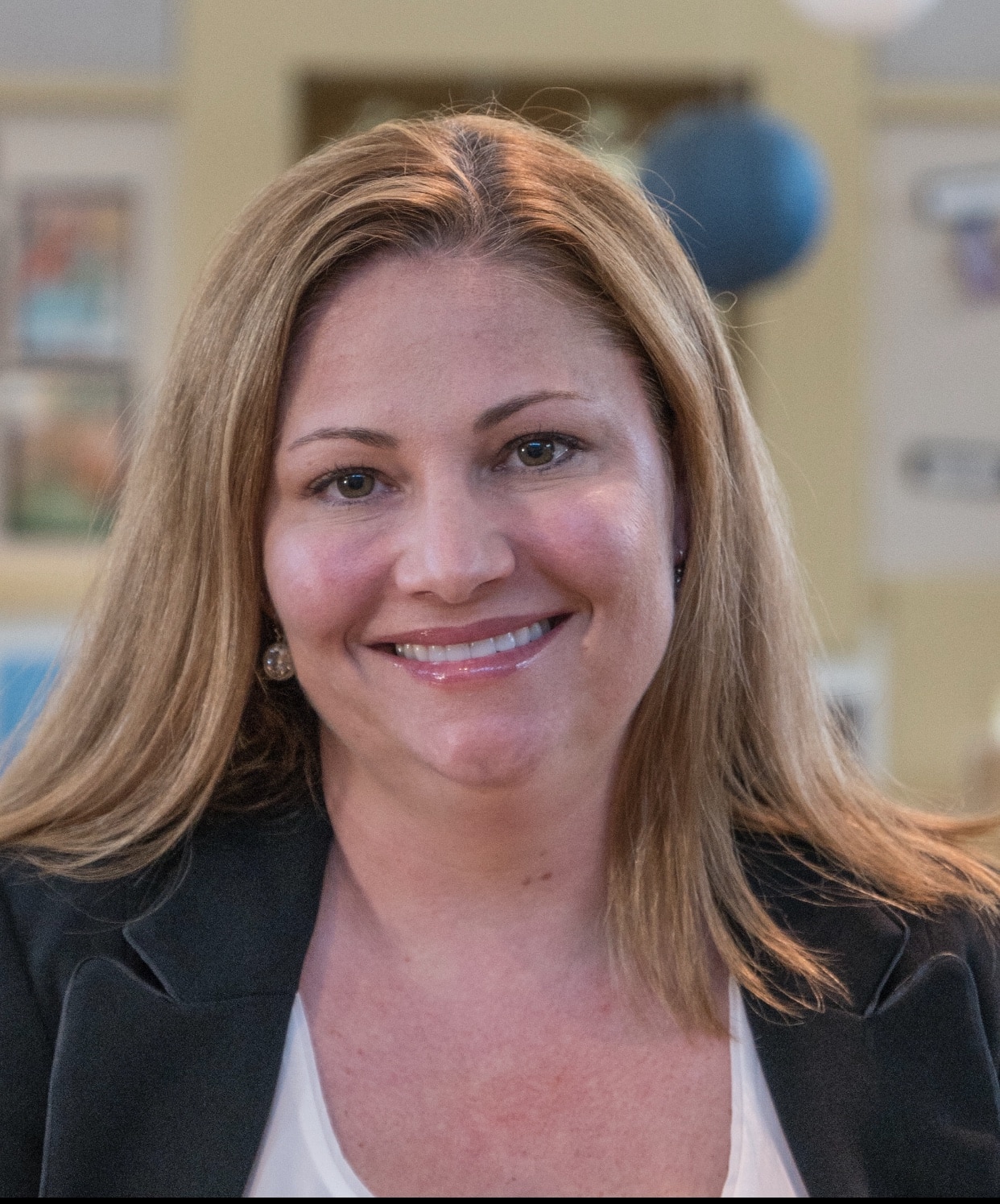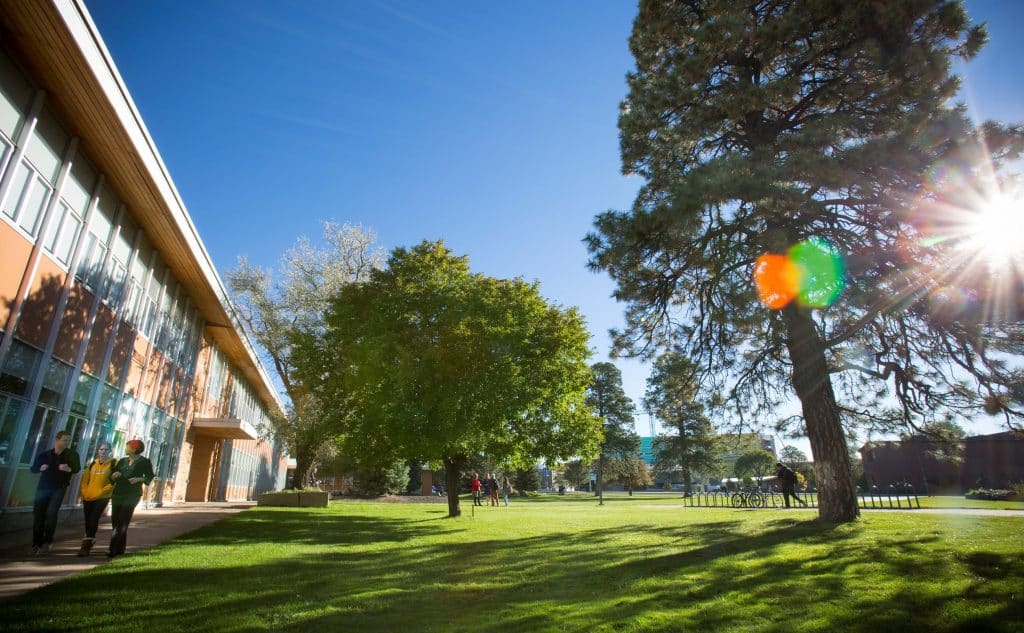Student parents, staff, faculty and the Flagstaff community will soon have a new option for early childhood education when the NAU Early Learning and Development Center opens in Spring 2023. The center, informed by the education field’s most up-to-date research, has long been a passion project for many College of Education (COE) faculty. A grant of $1.8 million has allowed the project to become a reality.

An early learning and development center under the purview and support of Northern Arizona University has been in the works for a while, said COE assistant professor Victoria Damjanovic, the principal investigator for the C-CAMPIS grant who has led a team of dedicated educators to bring this early childhood education center to fruition. The initial plans for the center are to admit children 3 to 5 years old, with the goal of expanding that age range to 1 to 5 years old. Priority will be given to student-parents, staff and faculty in the hopes of serving the NAU community; the broader community also will be invited to participate.
“We plan to make the early learning and development center a site of exemplary practice,” Damjanovic said. “We really want to showcase educational techniques done right and the potential of what children and teachers can do in that space.”
Damjanovic’s academic focus is early childhood education and special education; she has worked as a preschool teacher, behavior analyst, developmental specialist, teacher and parent educator and worked with children and families with special needs where she gained substantial experience with ADA accommodations. Damjanovic’s research focuses on in-service and pre-service teachers’ content and pedagogical knowledge in STREAMS (science, technology, reading, engineering, art, math and social studies), communities of practice as a space for teacher learning and the role of documentation in child and teacher learning in early childhood contexts through dimensions of equity. Learn more about Damjanovic’s pedagogical ideas related to early childhood education in this podcast.
Her guiding goal for this project has been to take everything she and her colleagues have learned and create a place ideal for learning in a safe and healthy environment.
“We want to disrupt the long-standing standardized ways children are measured and focus on where individual children are, how we can support them and learn through inquiry and play-based authentic ways versus ‘skill and drill’ methods,” Damjanovic said. “Essentially, it’s going to be a developmental lab school focused on looking at children through an assets lens, what they can do and are capable of, versus a deficit lens focusing on what they can’t do and the social construct of ‘readiness’.”
Dean Ramona Mellott and President José Luis Cruz Rivera discussed the lack of an early childhood center, and both were eager to take concrete steps to remedy that. Enter Damjanovic; the director of a teacher educator lab school at the University of South Florida university, There, she played a crucial role in securing National Association for the Education of Young Children (NAEYC) accreditation—the same accreditation she intends to acquire for NAU’s early childhood center. The grant will be distributed over four years and will help subsidize the tuition for NAU student parents who qualify. Additionally, it will help cover assistance with writing, mental health and resources for student families.
One of the center’s goals is to help parents graduate with fewer barriers by providing their child with high-quality care and early education. The grant also will help fund the salaries for teachers, a pedagogical liaison from COE to work with the center director, professional development for teachers and learning materials for the classrooms. Damjanovic will initially perform the liaison role to keep pedagogy in line with COE and current learning standards.
Inclusivity and representation are additional goals for the center as well; children of various abilities will be accepted. COE is preparing its students for this type of classroom through a blended program for early childhood education that includes special education. The goal will be to bring services and support into the classroom versus pulling students out. The center will enroll 25 children in the first year, and the college has been creating systems to apply and be placed on a waitlist.
A center director has been hired and the center will also be looking for dedicated teachers. In addition to the exciting opportunities for professionals currently working in the education field, the center will allow practicum and student teachers the opportunity to gain real-life experience and build their credentials. The initial teachers also will be mentoring pre-service teachers like COE’s early childhood special education program practicum students and other NAU students.
Damjanovic is excited about the opportunity of interdisciplinarity and cooperative research that may be possible through the center: engineering students may be researching how best to explain STEM concepts to preschoolers; nursing students might be interested in visiting to perform check-ups; athletics could create active programming.
“We’re creating a model for how to have an early learning and development center that is a campus asset, so it’s not just for the College of Education but rather it will benefit the entire university,” Damjanovic said.
Cynthia Gerber | NAU Communications
(928) 523-7341 | Cynthia.Gerber@nau.edu




